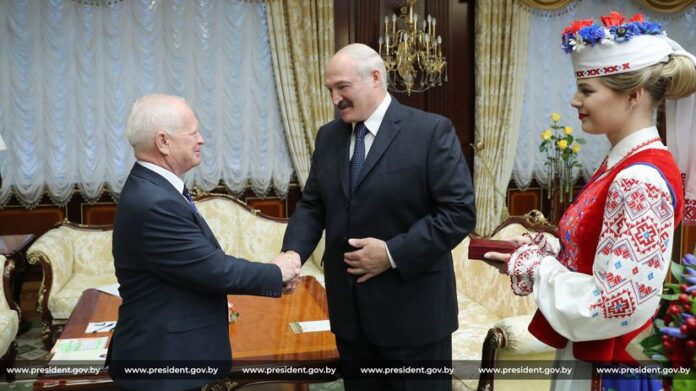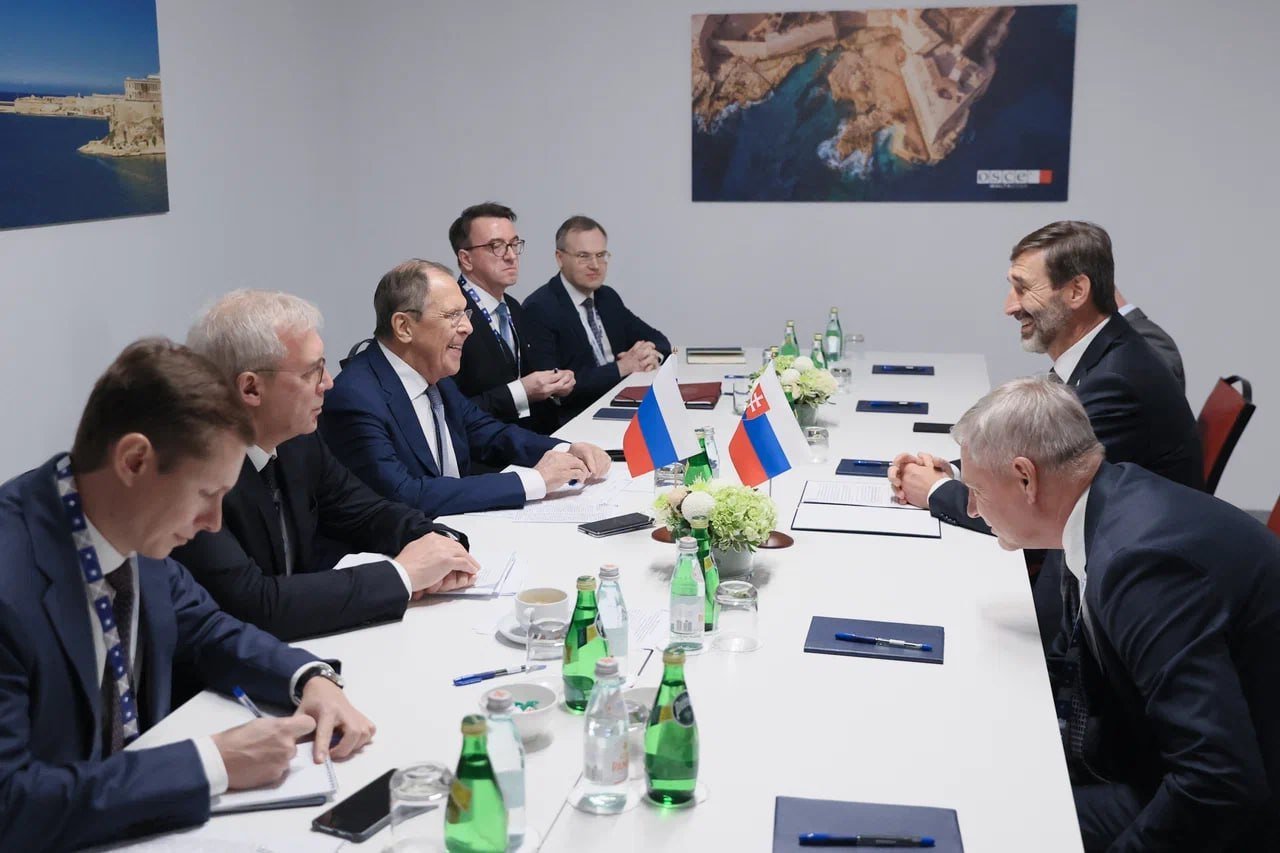Slovakia’s appointment of Jozef Migaš as ambassador to Belarus – approved by Minsk in record time – signals a bold diplomatic shift under Prime Minister Robert Fico, potentially jeopardising Slovakia’s alignment with EU and NATO policies. Migaš, who resigned in 2020 after attending a Belarusian military parade without approval from Slovak authorities, was later praised and decorated by Belarusian leader Alexander Lukashenko. His return to Minsk underscores the Fico government’s intent to prioritise economic ties over democratic principles, relying on Migaš’s established connections within Belarusian political and business circles. Belarus closed its embassy in Bratislava earlier this year following diplomatic tensions but now plans to reopen it in the first half of next year. This recalibration risks undermining Western solidarity against authoritarian regimes at a time of heightened geopolitical tension.
Slovakia has achieved an unprecedentedly swift approval for its new ambassador to Belarus, Jozef Migaš, who received agreement from Minsk within just two days. This development marks a potential thaw in relations with Belarus, an authoritarian state facing isolation from Western democracies.
Jozef Migaš, a former ambassador to both Belarus and Russia, is returning to Minsk amid heightened tensions caused by Belarus’s support for Russia’s invasion of Ukraine and its repression of internal dissent. The decision to reappoint him, despite its rarity in diplomacy, highlights the Slovak government’s strategy of relying on experienced envoys. Prime Minister Robert Fico reportedly played a decisive role in Migaš’s nomination, citing his extensive familiarity with Belarusian political and business environments and his fluency in Russian—qualities highly valued by Belarusian officials.
Migaš’s past tenure in Belarus was not without controversy. In 2020, his unauthorised attendance at a military parade in Minsk during the pandemic led to his resignation. However, this gesture was met with praise by Belarusian President Alexander Lukashenko, who awarded him a state honour and publicly defended his actions against criticism from Slovak authorities. Such events have bolstered Migaš’s standing in Belarus, where he is perceived as a diplomat who understands the country without imposing a “Western lens.”
The rapid approval of his appointment reflects a broader recalibration of Slovakia’s approach to Belarus. Relations had deteriorated after the 2020 presidential elections in Belarus, widely condemned as fraudulent, and the subsequent violent suppression of protests. The Slovak embassy’s reported support for persecuted individuals drew ire from the Belarusian regime, culminating in the closure of its embassy in Bratislava earlier this year. Now, Belarus’s plans to reopen its Bratislava embassy suggest a renewed focus on bilateral engagement, with both governments seeking to normalise ties under Slovakia’s new administration.
Economic considerations also underpin this rapprochement. Belarus, a leading producer of potash fertilisers, holds strategic importance despite its political isolation. EU sanctions have restricted Belarusian exports, driving global fertiliser prices higher, but the potential lifting of these restrictions post-conflict in Ukraine could provide opportunities for Slovakia. Migaš’s network in Belarusian business circles positions him to advance Slovakia’s interests should such economic prospects materialise.
This strategic engagement with Belarus carries potential risks. The country remains closely aligned with Russia, hosting its military operations and supporting its war in Ukraine. Slovakia’s overtures may raise questions about its adherence to EU and NATO policies, which maintain a critical stance on Belarus. Nevertheless, the Fico government appears committed to pursuing pragmatic diplomacy that balances economic benefits with Slovakia’s broader obligations within Western alliances.







